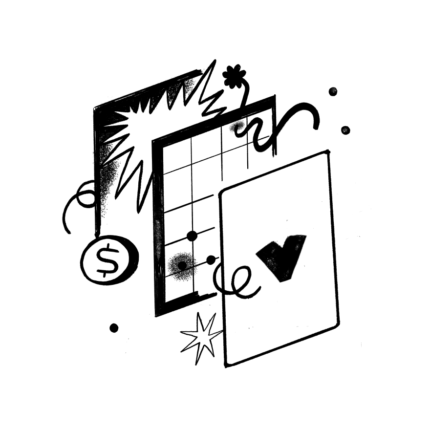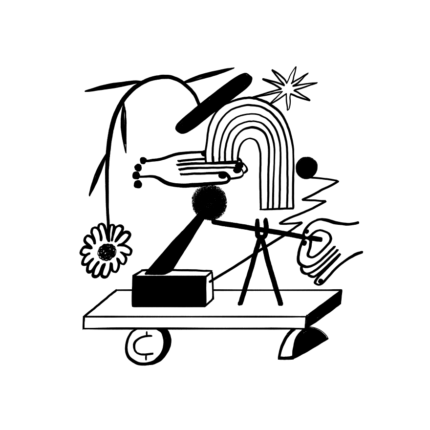
Why millennials are turning to HSAs for their future
A health savings account (HSA) serves as a cushion for unexpected, but likely expenses… like home repairs and medical emergencies. Here’s why millennials are turning to HSAs when planning for their future, whether near or short term.
If asked, most millennials will say that they are not financially stable. And it’s easy to see why: they’re faced with systematic financial issues, such as student loan debt and ever-increasing costs of living. Likewise, it’s not surprising that as of 2019, only 44% of millennials report having an emergency fund. Which is a shame! Because a well-rounded emergency fund can really come in clutch.
Hey, Big Spenders
Millennials are often pigeonholed for spending money on frivolous things. But in reality, they’re rather keen savers! They’re spending less on stuff that could be considered frivolous compared to other generations. And in the past few years, more and more millennials are beginning to think more deeply about their long-term financial health, turning to health savings accounts (HSAs), helping them to really save for the future.
A tax-advantaged account that pairs with your high-deductible health plan (HDHP), HSAs are designed to pay for eligible medical expenses, and contributions to HSAs are made by the owner of the account or his/her employer.
Opening an HSA is fiscally responsible for anyone at any age, but particularly for millennials, who are relatively young and have decades to watch their funds grow in their account through the magic of compound interest and earnings.
Here are just a few of the incredible HSA-benefits that have attracted millennials to this savings vehicle.
Complete Ownership
You own your HSA, no questions asked. So even when you change employers or health plans, the money that’s in your HSA always belongs to you—even if it was contributed by your employer.
Tax Breaks
HSAs offer a triple tax advantage, unlike any other healthcare benefit.
- Your contribution or deposits are tax-deductible
- Interests, dividends, or capital gains are tax-free.
- Withdrawals for qualified medical expenses are also tax-free.
In short: more money for you, less for Uncle Sam.
The Best Emergency Fund
If you choose to pay for all of your qualified medical expenses out-of-pocket, thereby letting your HSA account grow (tax-deferred), it can quickly become a pretty epic emergency fund.
And if you do find yourself wanting or needing to reimburse yourself for any of those previously paid for qualified medical expenses… it’s no problem. You can do that within the Starship app in about 2 minutes, just as long as you keep your receipts!
Investment
You can also invest your HSA funds—with HSAs allowing higher returns compared to most savings accounts. To get the most out of your HSA investments, make sure to remember the four tips our contributor Sarah Li Cain shared with us previously here on the blog! (Hint: meet the minimums, diversify, avoid fees, and be patient!)
Retirement Savings
Unlike with flexible spending accounts (which are often confused with HSAs, but require you to use your contributions or forfeit them annually (use it or lose it!)), the funds in your HSA never expire. There’s no limit to how much you can accumulate.
This makes HSAs truly the most effective retirement savings tool. And plus, once you reach age 65, you can withdraw your funds from your account penalty-free for any purpose, whether medical or non-medical (re: the latter, you will pay income tax… but still, not a bad deal). Oh! And since reimbursements for previous medical expenses can be claimed anytime, your plans for early retirement are well within reach 😉
*This piece was originally written by Kaley Michaels.


